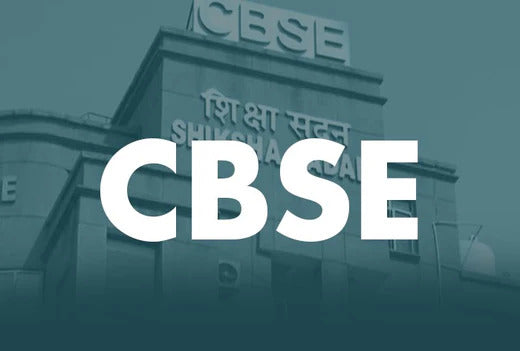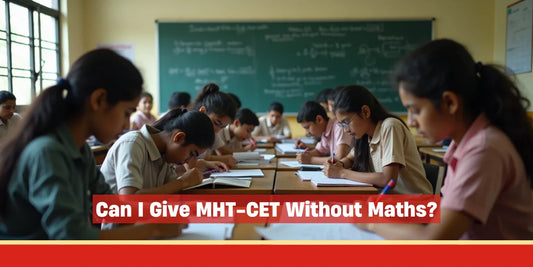The Central Board of Secondary Education (CBSE) has announced a significant reduction in the syllabus for Classes 10 and 12, cutting it by 15% for the upcoming 2025 board exams. This decision, aimed at alleviating academic pressure on students, was revealed by Vikas Kumar Agrawal, the CBSE Regional Officer for Bhopal, during the 'Bridging the Gap' principals' summit held at the Brilliant Convention Centre in Indore. Agrawal emphasized that this syllabus reduction is part of CBSE's ongoing efforts to focus on essential concepts and enhance students' understanding of subjects rather than relying solely on rote memorization.
He stated, "This will help students gain a deeper grasp of their subjects" and enable them to engage more thoroughly with the material. In addition to the syllabus changes, CBSE is also revising its assessment structure. Internal assessments will now constitute 40% of the final grade for both classes, while the remaining 60% will be based on traditional written exams. This shift is designed to promote continuous learning and provide students with more opportunities to demonstrate their knowledge through projects, assignments, and periodic tests.
Furthermore, CBSE plans to introduce open-book exams for select subjects such as English Literature and Social Science. This innovative approach allows students to consult their textbooks during exams, encouraging critical thinking and application-based learning. These changes align with the National Education Policy (NEP) 2020, which emphasizes practical knowledge and skill-based education.
By focusing on real-life applications in assessments, CBSE aims to foster a more holistic educational environment that prepares students for future challenges. As part of these reforms, CBSE will retain the current single-term exam format for the 2025 academic session but plans to transition back to a two-term examination system starting in the 2025-2026 academic year. This change is expected to provide students with more frequent assessment opportunities and reduce the stress associated with high-stakes testing. Overall, these updates reflect CBSE's commitment to creating a more student-centered approach in education, prioritizing understanding and skill development over mere memorization.










